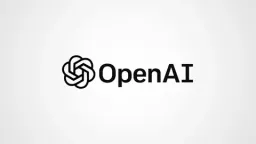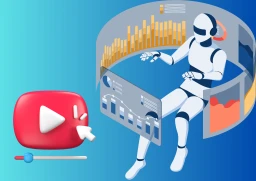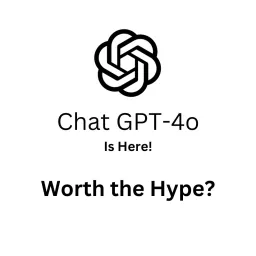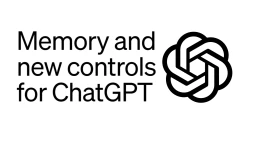Google Gemini vs GPT4: Which is better and why?
In the ever-evolving landscape of AI, two giants stand out: Google Gemini and GPT4. These platforms have changed the way we interact with AI.
Let us delve into a comparative analysis of both, shedding light on their technology they are built on, features and their use cases.
Note: Gemini is a Large Language Model (LLM) model on which platforms like Bard are built. Same way GPT-4/3.5 are the models on which ChatGPT is built. So don't be confused if these terms are interchanged in the article.
Back-End Technology
Google Gemini, a product of Google's extensive research units, Google DeepMind and Google Research, is built on a sophisticated algorithm that integrates deep learning and natural language processing (NLP) techniques. It's designed for high efficiency and accuracy in understanding and generating human-like responses.
Gemini is a multimodal model, meaning it can work with more than just text, including audio, images, and videos. It comes in three versions: Gemini Ultra, Gemini Pro, and Gemini Nano, each with different capabilities and applications. Gemini is distinct from Google's Bard, with Bard being more of an interface for accessing certain Gemini models.
GPT-4, developed by OpenAI, represents a significant advancement in the space of generative AI. As the fourth iteration in the GPT (Generative Pretrained Transformer) series, it embodies a sophisticated blend of deep learning techniques and vast data training, enabling it to generate contextually relevant, nuanced text. ChatGPT-4's architecture is designed to handle a wide array of text-based tasks, ranging from conversational AI to complex content creation, demonstrating remarkable versatility and adaptability in understanding and responding to human language.
Features and Capabilities
Google Gemini excels in delivering highly relevant and context-aware search results. It's integrated with Google's vast search database, making it adept at handling a wide range of queries.
ChatGPT4, on the other hand, is known for its conversational abilities. It can engage in detailed dialogues, answer complex questions, and even emulate creative writing styles. Its strength lies in its versatility and adaptability to various conversational contexts.
Pricing
Google Gemini Pricing:
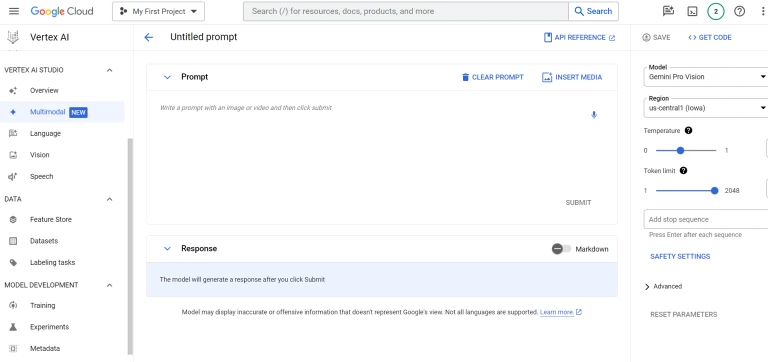
Google Gemini's pricing likely varies based on the specific version (Ultra, Pro, Nano) and usage. Currently you can experience Gemini Pro on Google Bard and the Nano version is available on devices like Pixel 8. You can also try Gemini Pro for free for a limited time on Google Vertex. For other higher versions, factors such as the amount of data processed, computational resources used, and the level of access to advanced features could influence the overall cost.
ChatGPT-4 Pricing:
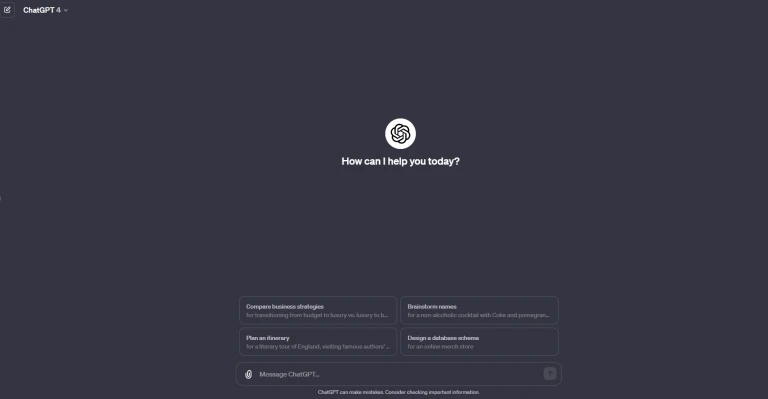
The base version that is the ChatGPT 3.5 is free for all. OpenAI's pricing model for the premium version like ChatGPT-4 typically involves subscription. For a typical user it costs $20 plus tax for the GPT-4 version. For Enterprise, the cost might depend on factors like the number of tokens (words/characters) processed, API calls, or access to other premium features.
This pricing analysis is pivotal for potential users and enterprises considering integrating these AI tools into their operations or services. Understanding the cost versus benefit is key in determining which platform offers better value for specific needs.
Read on: How to enhance your MJ prompts using ChatGPT?
Use Cases and Applications
Google Gemini is primarily used for enhancing search engine functionality, offering a more intuitive and personalized search experience. It's also beneficial in data analytics, where its ability to process and interpret large data sets comes in handy.
ChatGPT4 finds its application in a broader range of scenarios, from customer service automation to content creation. Its ability to understand and generate human-like text makes it ideal for chatbots, virtual assistants, and creative writing aids.
User Experience and Accessibility
Google Gemini's integration with the Google ecosystem offers a seamless user experience, especially for those already familiar with Google products. ChatGPT4, with its simple interface and conversational nature, is easily accessible even to those new to AI.
Limitations and Concerns
Despite their advancements, both platforms have limitations. Google Gemini, while efficient, may not handle ambiguous queries as well as human intuition. They failed to deliver what was promised when Bard was released.
The study noted that Gemini Pro, similar to other large language models, faces challenges with complex math problems and has demonstrated instances of flawed reasoning and errors. While Google has acknowledged these issues and promised enhancements, the timeline for these improvements remains uncertain.
ChatGPT4, though versatile, can sometimes generate responses that lack accuracy or are based on outdated information. After multiple interactions and asking for a cross-check on facts, it might sometimes correct the error that was ignored earlier but that is not always guaranteed.
Currently GPT4 is majorly based on texts interactions and although it can analyze other formats like audio and images, it cannot produce new content based on these formats.
Read on: AI model that earns $10,000/month!
Choosing between Google Gemini and ChatGPT4 depends on the specific needs and use cases. Google Gemini is unrivaled in search-related tasks and data analytics, while ChatGPT4 excels in conversational AI and content generation. Both are leading examples of AI advancements, each pioneering in its own right.




